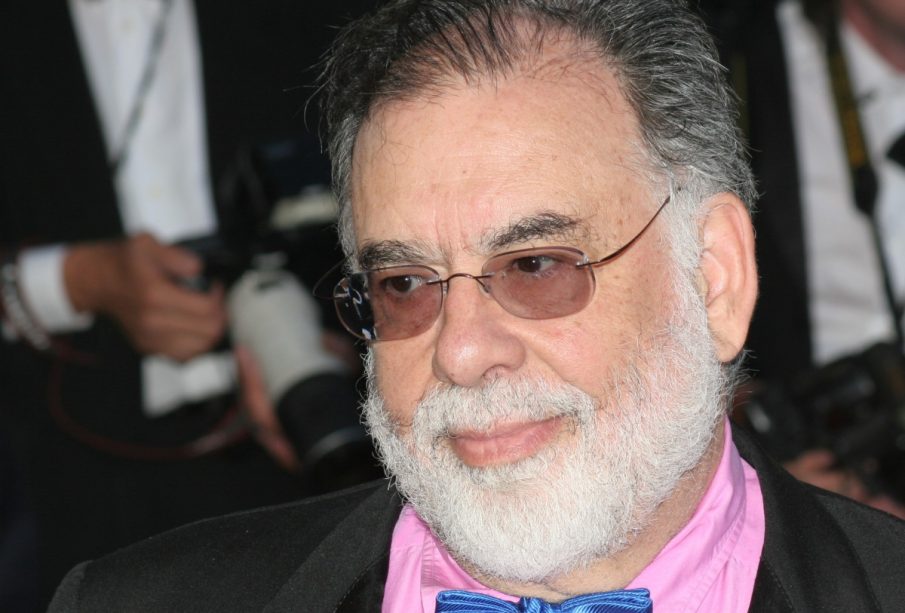The Enduring Legacy of Francis Ford Coppola in Cinema

Introduction
Francis Ford Coppola is a name synonymous with cinematic excellence and creativity. His groundbreaking films have not only shaped the landscape of American cinema but have also left indelible marks on global film culture. Recognised for his directorial prowess, Coppola is most celebrated for his iconic film trilogy, ‘The Godfather’, which transformed the gangster genre and redefined storytelling in cinema. His work continues to resonate with audiences and aspiring filmmakers, making his influence significant even decades after his most acclaimed films.
Coppola’s Early Life and Career
Born on April 7, 1939, in Detroit, Michigan, Francis Ford Coppola grew up in a creative family, which fostered his passion for storytelling and film. He began his career as a screenwriter in the late 1960s, contributing to notable projects such as ‘Patton’ (1970), which garnered him an Academy Award for Best Original Screenplay. It was his directorial debut with ‘The Rain People’ (1969) that set him on the path to becoming a revolutionary filmmaker.
The Godfather Trilogy
However, Coppola’s true breakthrough came with ‘The Godfather’ (1972), an adaptation of Mario Puzo’s novel. The film, featuring Marlon Brando and Al Pacino, is often hailed as one of the greatest films in history. Its narrative complexity, combined with powerful performances and masterful direction, earned Coppola the Academy Award for Best Adapted Screenplay and nominated for Best Director.
The sequel ‘The Godfather Part II’ (1974) further solidified Coppola’s legacy. This sequel is notable for being one of the few films to win the Academy Award for Best Picture, making Coppola the only director to receive this honour for two consecutive films. The trilogy concluded with ‘The Godfather Part III’ (1990), which, despite mixed reviews, maintained the franchise’s cultural impact.
Later Works and Current Endeavours
Beyond ‘The Godfather’, Coppola has directed an extensive array of films, including ‘Apocalypse Now’ (1979), which is widely regarded as one of the greatest war films, showcasing his signature approach to storytelling through a complex narrative and vivid imagery. In recent years, Coppola has also ventured into winemaking, establishing the successful Coppola Winery in California’s Napa Valley.
Conclusion
In conclusion, Francis Ford Coppola’s contributions to the film industry are immense and far-reaching. His innovative techniques and storytelling methods have inspired countless filmmakers. As cinema continues to evolve, Coppola’s work remains a benchmark for both artistic integrity and commercial success. With ongoing projects and a continued legacy, the film community eagerly anticipates what this iconic filmmaker will offer next.









